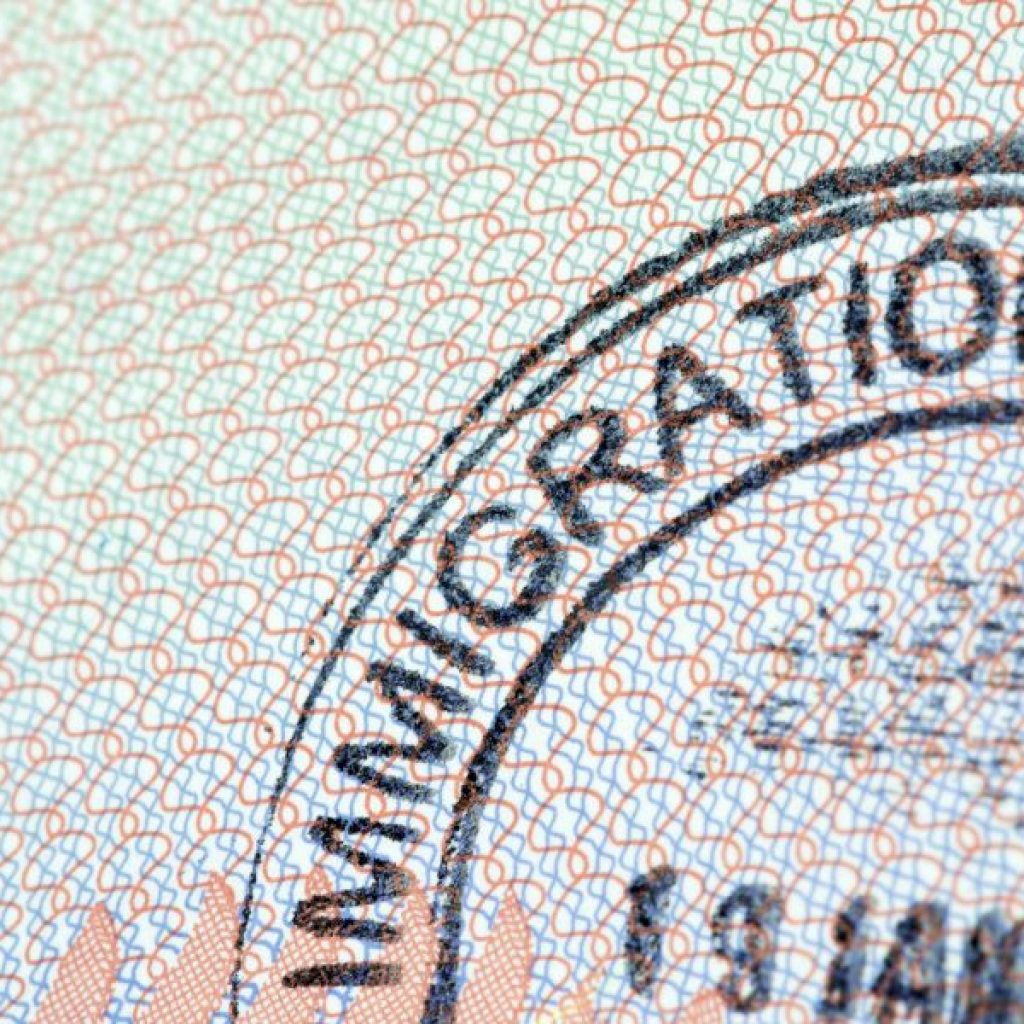
Five-Point Plan.In response to a record-breaking net migration of 745,000 in 2022, the UK government has introduced a comprehensive five-point plan aimed at achieving the most significant reduction in net migration to date. This plan, scheduled to take effect in the spring of next year, addresses various aspects of the immigration system, emphasising the need to protect British workers and alleviate strain on public services. Below are the key points of the government’s Five-Point Plan strategy:
1. Tougher Rules for Overseas Care Workers
The adult social care sector has heavily relied on international recruitment, with 101,000 Health and Care visas issued to care workers in the year ending September 2023. However, concerns about non-compliance, worker exploitation, and abuse prompted the government to tighten rules. The new measures include preventing overseas care workers from bringing dependant family members to the UK and requiring care providers to be regulated by the Care Quality Commission (CQC).
2. Higher Salary Threshold for Skilled Workers
To discourage over-reliance on overseas labour, the government will increase the salary threshold for Skilled Workers by nearly 50%, from £26,200 to £38,700. This move aims to incentivise businesses to invest in their workforce and prioritise British talent. Notably, Health and Care Worker visa holders and those on national pay scales will be exempt from this salary increase.
3. Removal of 20% Salary Discount for Shortage Occupations
In a bid to eliminate ‘cut-price labour,’ the government will remove the 20% salary discount for shortage occupations. The Shortage Occupation List (SOL) will be replaced with an Immigration Salary List, maintaining a general threshold discount. The Migration Advisory Committee (MAC) will review the new list against increased salary thresholds to reduce the number of occupations on the list.
4. Increased Income Requirement for Family Visas
The minimum income required for British citizens and settled individuals seeking family reunification will more than double, rising to £38,700 from the current £18,600. This change is expected to impact lower-income British citizens, particularly women, younger individuals, and those residing in areas with lower average earnings.
5. MAC Review of the Graduate Visa Route
In addition to reviewing the Shortage Occupation List, the Migration Advisory Committee will assess the Graduate visa route to ensure it aligns with the UK’s best interests and includes measures to prevent abuse.

Impact on UK Businesses
The government estimates that these measures will lead to a substantial reduction in net migration by approximately 300,000 individuals per year. The package builds on previous efforts to control immigration, including actions to limit dependants of international students and prevent abuse of the Student route. However, critics warn that these changes may pose challenges for employers, especially in lower-wage industries, and could exacerbate recruitment issues in the health sector.
As part of these changes, the Home Office has increased immigration fees, and the Immigration Health Surcharge will rise from £624 to £1,035 per year for most migrants starting January 2024. Businesses seeking guidance on navigating these changes are encouraged to consult with immigration advisors, such as Advantage Solicitors, to understand the potential impact on their operations.



